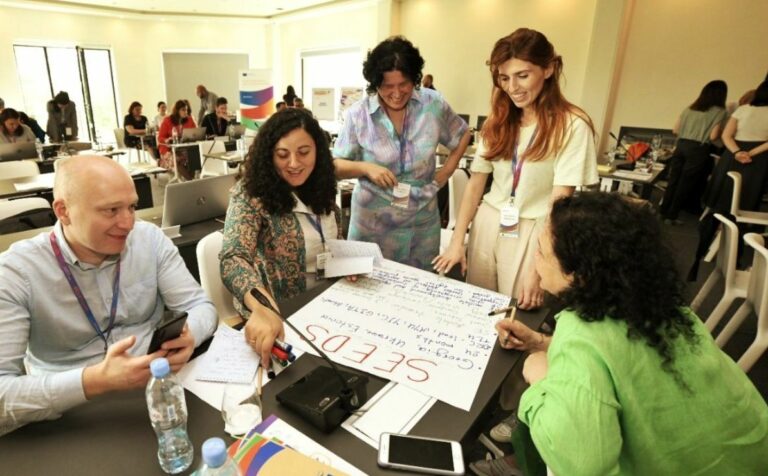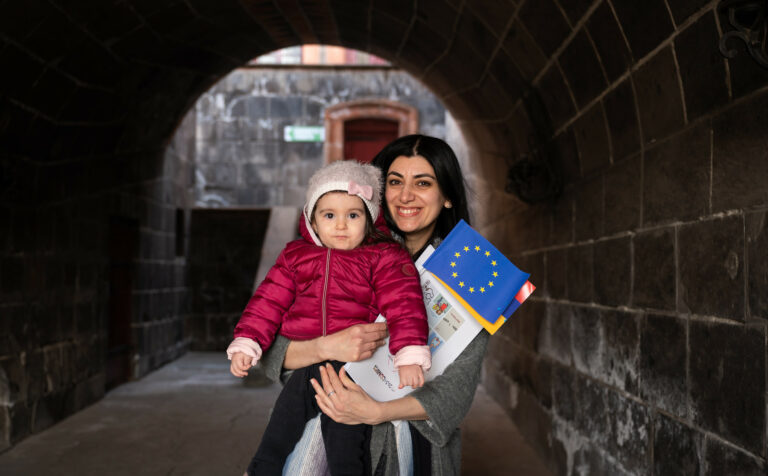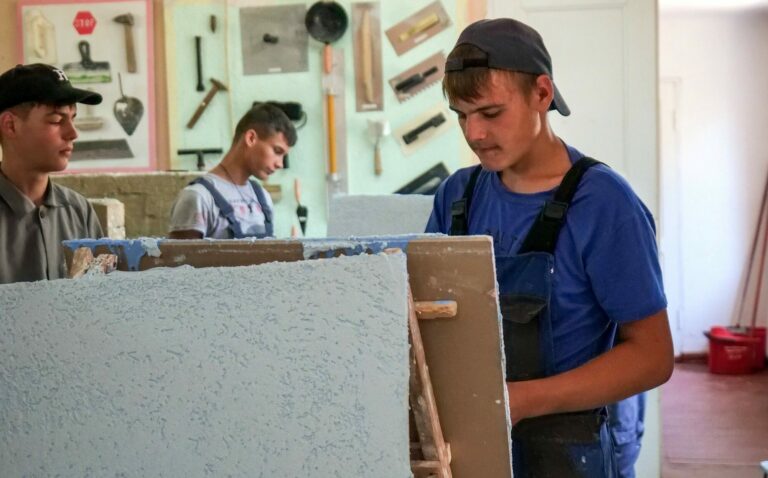
Competitiveness of the heating and cooling industry and services Part 2
This report constitutes the second part of a larger Study on the “Competitiveness of the Renewable Energy Sector”, conducted by COWI and CEPS for DG ENER of the European Commission. The report focuses on the impact of corporate sourcing of renewable energy on the competitiveness of the European industry. European companies rely on renewables to meet their energy needs for three main reasons: i) strengthening their competitive advantage and increasing their demand, as consumers’ choices are increasingly driven by sustainability considerations; ii) attracting more capital, as investors are growingly concerned about the environmental footprint of their investments; and iii) improving their cost competitiveness, as renewables may reduce energy costs. At the same time, EU companies face some barriers when trying to source renewables. Many barriers are addressed by the new ‘Clean Energy for All Europeans’ package; others will require additional measures. The report also estimates the potential impacts of corporate sourcing of renewables on the EU economy. Should EU-based industrial and commercial companies commit to source renewable electricity to meet 30% of their total demand of electricity by 2030, the EU renewable energy sector could generate more than €750 billion in gross added value and above 220,000 new jobs.
Download
MOST READ
RELATED

EU4Culture: Practical online course on successful grant proposal writing

Armenia Country Gender Profile

EU4Youth Newsletter: Welcome to the EU4Youth Stakeholder Hub!

A Resilience and Growth Plan for Armenia

EU4Youth develops Youth Wiki reports on Youth Employment and Employability
More campaign pages:
Interested in the latest news and opportunities?
This website is managed by the EU-funded Regional Communication Programme for the Eastern Neighbourhood ('EU NEIGHBOURS east’), which complements and supports the communication of the Delegations of the European Union in the Eastern partner countries, and works under the guidance of the European Commission’s Directorate-General for Neighbourhood Policy and Enlargement Negotiations, and the European External Action Service. EU NEIGHBOURS east is implemented by a GOPA PACE-led consortium. It is part of the larger Neighbourhood Communication Programme (2020-2024) for the EU's Eastern and Southern Neighbourhood, which also includes 'EU NEIGHBOURS south’ project that runs the EU Neighbours portal.

The information on this site is subject to a Disclaimer and Protection of personal data. © European Union,







